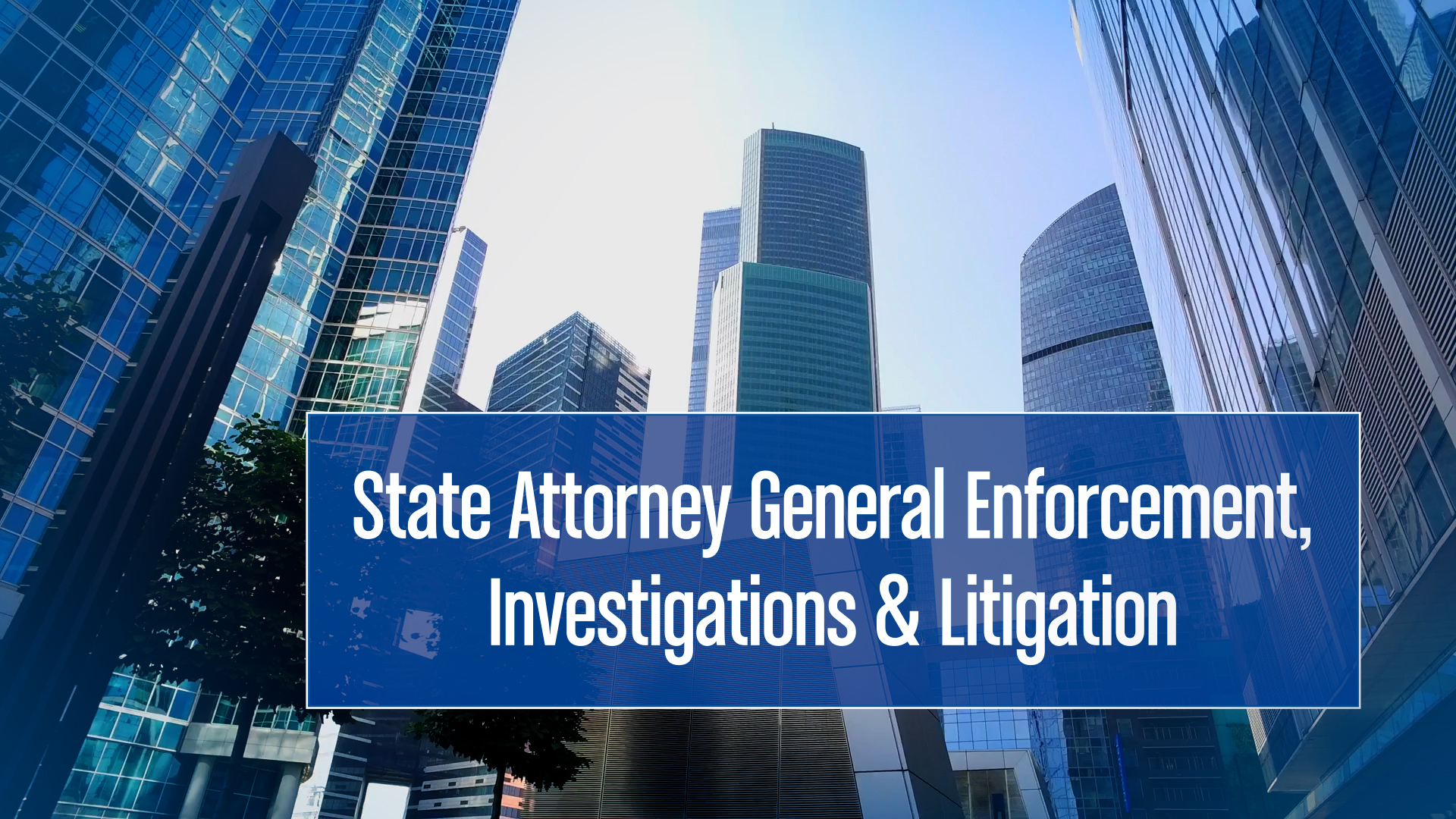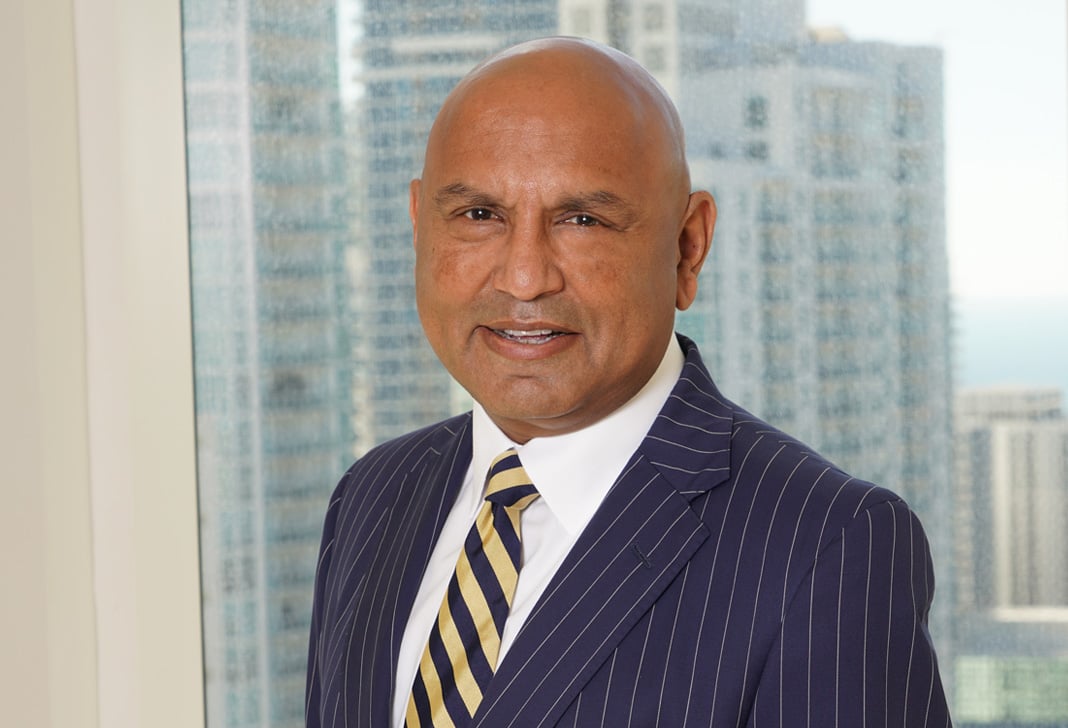
State Attorney General Enforcement Investigations Litigation Practice
Jones Day partners Tony Dias and Courtney Lyons Snyder talk about the formation of the State Attorney General Enforcement, Investigations & Litigation Practice, an area of law in which the Firm has been advising clients for decades, and one that continues to grow in importance to companies doing business in the United States.
A Full Transcript for the video is available below:
Tony Dias:
There has been an expanding trend of State Attorneys General becoming more involved in how businesses operate. The trend started a couple of decades ago when they started looking at industries as a whole, tobacco, the financial industry. And certainly after the financial crisis, there was a real demand to see whether individual states can help consumers in their own states. So as part of the resolution on a lot of the issues after the financial crisis, State Attorneys General not only became more powerful on what they are able to do in investigating different kinds of businesses, but also enforcing the resolution of those issues. Either taking these companies to court or forcing settlements through their enforcement strategies.
Courtney Lyons Snyder:
Issues that Attorneys General are interested in can then arise in other areas like in private litigation. So we'll see class actions, we'll see mass arbitrations, we'll see actions by federal agencies. And then you can also see media stories that present reputational harm. So I think that companies are really seeing that by putting a focus on what State Attorneys General are looking at, that they can then get a bigger picture of what their legal risks are across the board.
Tony Dias:
Most people don't think about the State Attorneys General as having extraordinary powers from each of their states, but over the last couple decades, as we've seen, and certainly folks in boardrooms have seen, these State Attorneys General have been able to expand their powers to investigate and also to take a deeper look into how businesses are operating. So they do that in their individual capacity, but also acting together in multi-state activity.
Courtney Lyons Snyder:
We understand that a lot of these issues can be resolved through relationships, but in other ways, they're not going to be resolved that way. So we understand and we're willing to go to bat against an Attorney General if it's in the client's best interest. We have the ability to craft the right team to handle the issue. So we are able to put the right lawyers that understand the substantive issues. So if it's an environmental issue, we will grab lawyers from our environmental practice. And we also know how to then strategize and handle the potential multiple areas of attack, strategize with the client, and then our lawyers are actually able to take those matters to resolution, which I think is what clients want. They don't want to have to hire multiple law firms to handle their issues.
Tony Dias:
Instead of looking at each stream in particular of the legal challenges, we really try to look at it comprehensively. So State Attorneys General have become an important part of major issues facing a company, but it may also include congressional investigations, Department of Justice federal investigations, or other types of litigation, class actions, or even government litigation. So we try to view that in a holistic and comprehensive way so that our lawyers, and it may just be a Jones Day trait, try to be qualified in all of those areas so that we know how to better leverage the strengths we have in certain areas and also try to take advantage of the circumstances so we can put a company in the best position to try to either defend themselves or find a resolution to the issues before them.
众达出版物不应被视为针对某事件或情形发表的法律意见。众达出版物旨在为读者提供一般信息。未经众达书面同意,任何人不得在其它出版物或诉讼中引用或引述众达出版物的内容。众达保留批准他人引用或引述众达出版物内容的权利。如需申请众达出版物的转载许可,请使用众达网站(www.jonesday.com)上的“联系我们”表格。众达发表出版物的目的并非试图与读者建立律师和客户的服务关系;读者收到众达出版物也不表示律所与读者之间会构成律师和客户的关系。众达出版物中的观点仅属于作者的个人观点,并不一定代表律所的观点。



